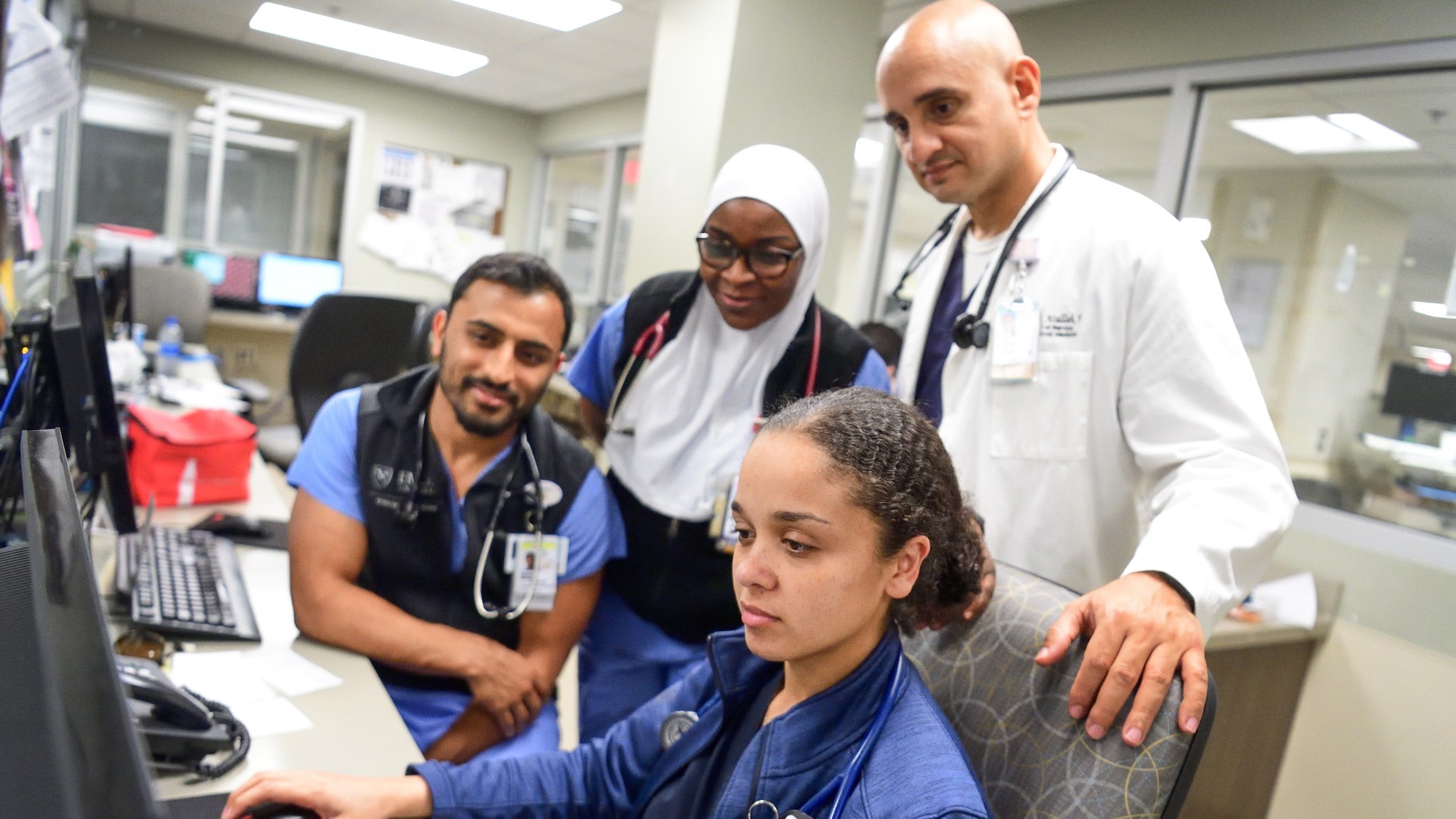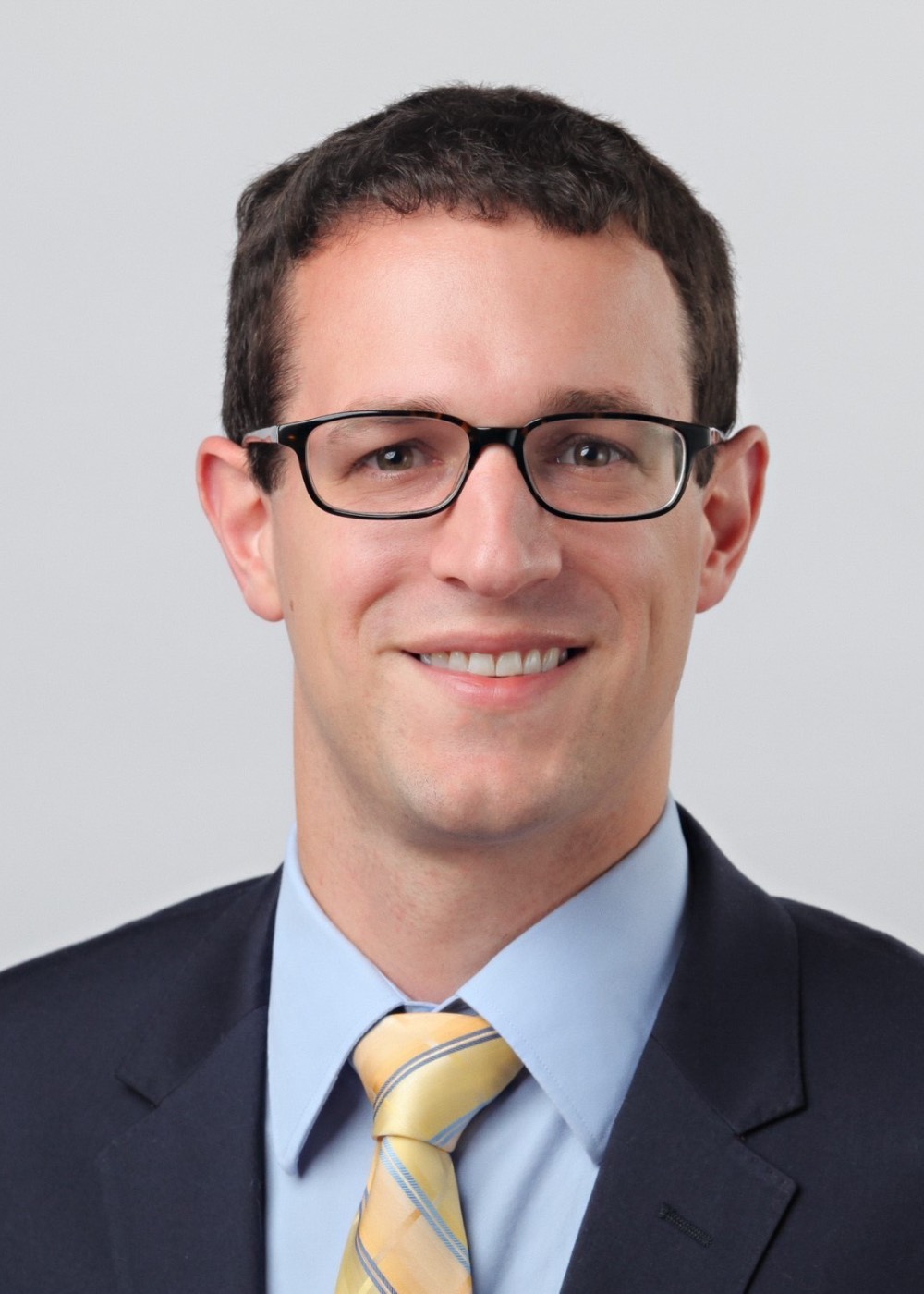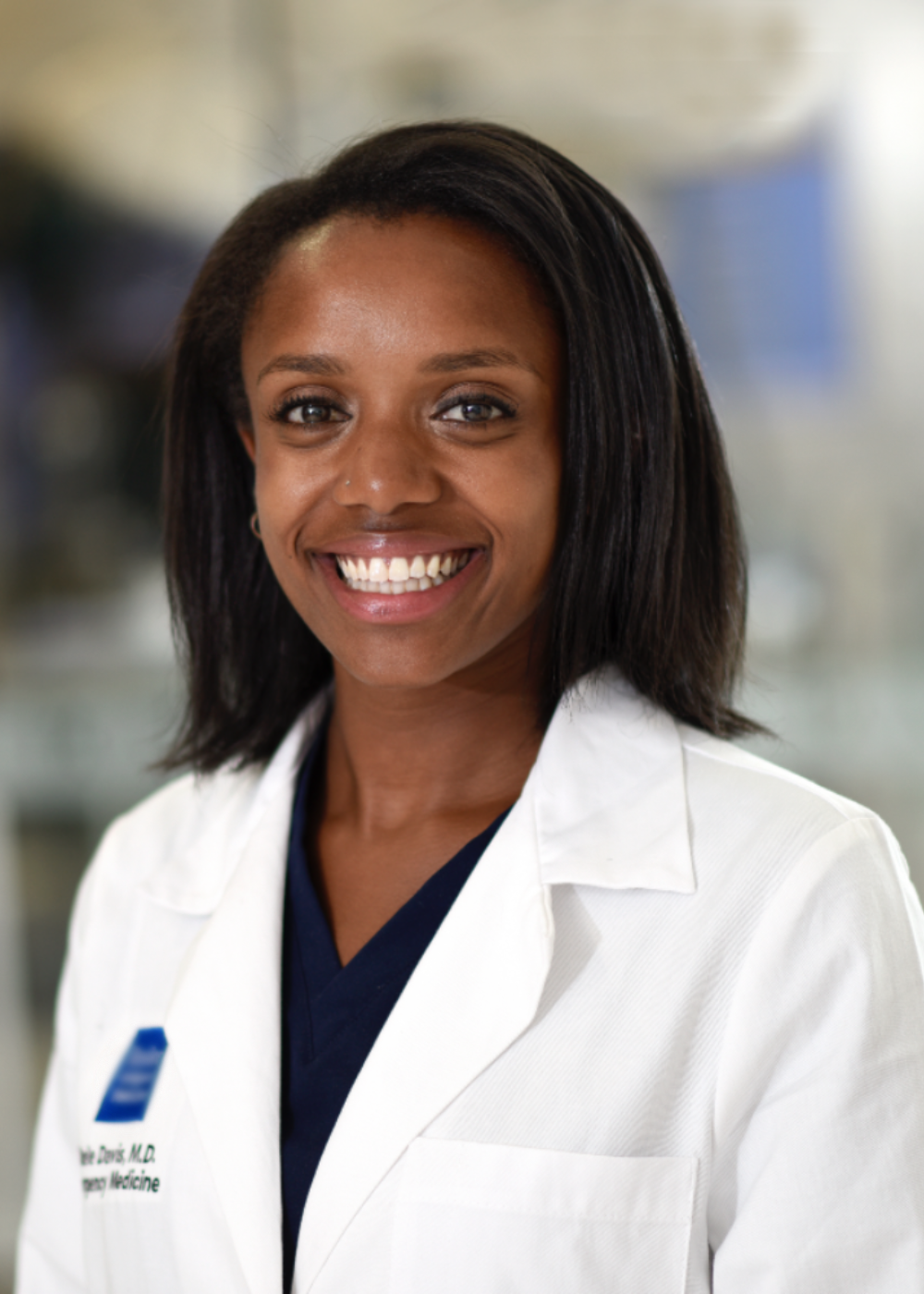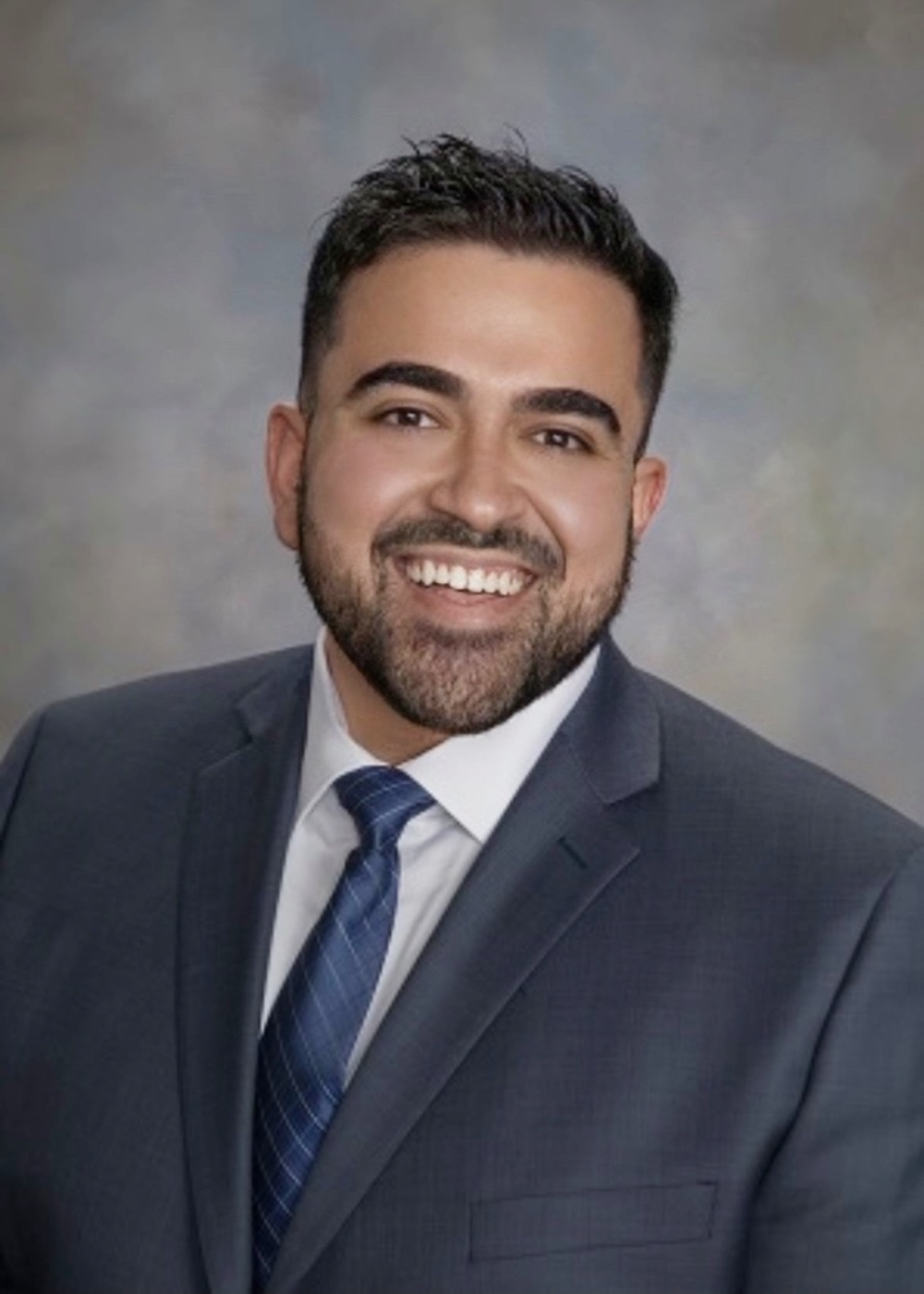Program Details
- Advanced Degree: Optional; required to apply if 2-year fellowship chosen
- SAEM Certified: yes
- ACGME Accredited: no
- Length of Fellowship: 1 or 2 years (negotiable)
- Start: July 1
- Number of Positions: 1 per year
- Areas of focus are negotiable (GME, UME, SIM, Medical Education Research, Curricular Design)
- Application Deadline: August 15
- Application requirements: CV, 3 letters of recommendation, and a letter of interest. Please email your application to Michael McCaw.
Training Components
Clinical commitment
Fellows are expected to work approximately 64 clinical hours per month as attending physicians in the Emory Healthcare or Grady Memorial Hospital Emergency Departments.
Didactic component
Fellows will complete the ACEP Teaching Fellowship and the CORD Navigating the Academic Waters development courses. Fellows completing a 2-year program typically will take advantage of a Master’s program in public health or education.
Administration
The Education Fellow functions as an equivalent to an assistant program director and is actively involved in resident and student teaching and clinical evaluation, curriculum planning, resident selection, and other aspects of residency program administration. If the Education Fellow is interested in UME (Undergraduate Medical Education), there is also opportunity to function as an equivalent to an assistant clerkship director and focus efforts on student education and clinical evaluation, curriculum evaluation, and other aspects of medical student clerkship administration.
Teaching
The Education Fellow will select an area of focus. The focus can be either clinical, such as airway management, or instructional, such as simulation, to work towards developing as an area of expertise.
Professional Development
- The Fellow will be sponsored by the Department to attend the ACEP Teaching Fellowship and will be required to complete an academic project for the course.
- The Fellow will be sponsored to attend the CORD Navigating the Academic Waters course.
- The Fellow will be expected to attend the Dept of Emergency Medicine’s New Faculty Orientation and the Fellows Curriculum series.
Fellowship Experience

Below, read about Dr. Varshney's experience in the Emory Emergency Medicine Medical Education Fellowship.
What’s been the best part of joining the Emory EM fellowship? Emory EM has so many leaders in EM education on faculty here. I've found so many mentors and role models who have taken time to get to know me and my goals. I'm learning so much from people who are helping me grow into the educator that I've always wanted to be!
Do you have advice for residents considering a fellowship? Education fellowship is protected time to develop a special skill set and your niche. Take time to reflect on concrete goals that you want to achieve during this time, and look for the program that provides the best environment for them.
What is your favorite part of emergency medicine? I love our patients. Every day is an opportunity to take care of someone new.
What are your thoughts on the future of medical education in EM? The future of medical education in EM is bright! We have so many brilliant, compassionate learners joining our field, and I'm so excited to meet them. This path is filled with growth and transformation, awe and wonder. We get to help our trainees achieve big dreams, we learn new things together every day, and we have so much fun. There's so much to look forward to!
What is your favorite wellness practice? Anything outside with sunshine!
Leadership
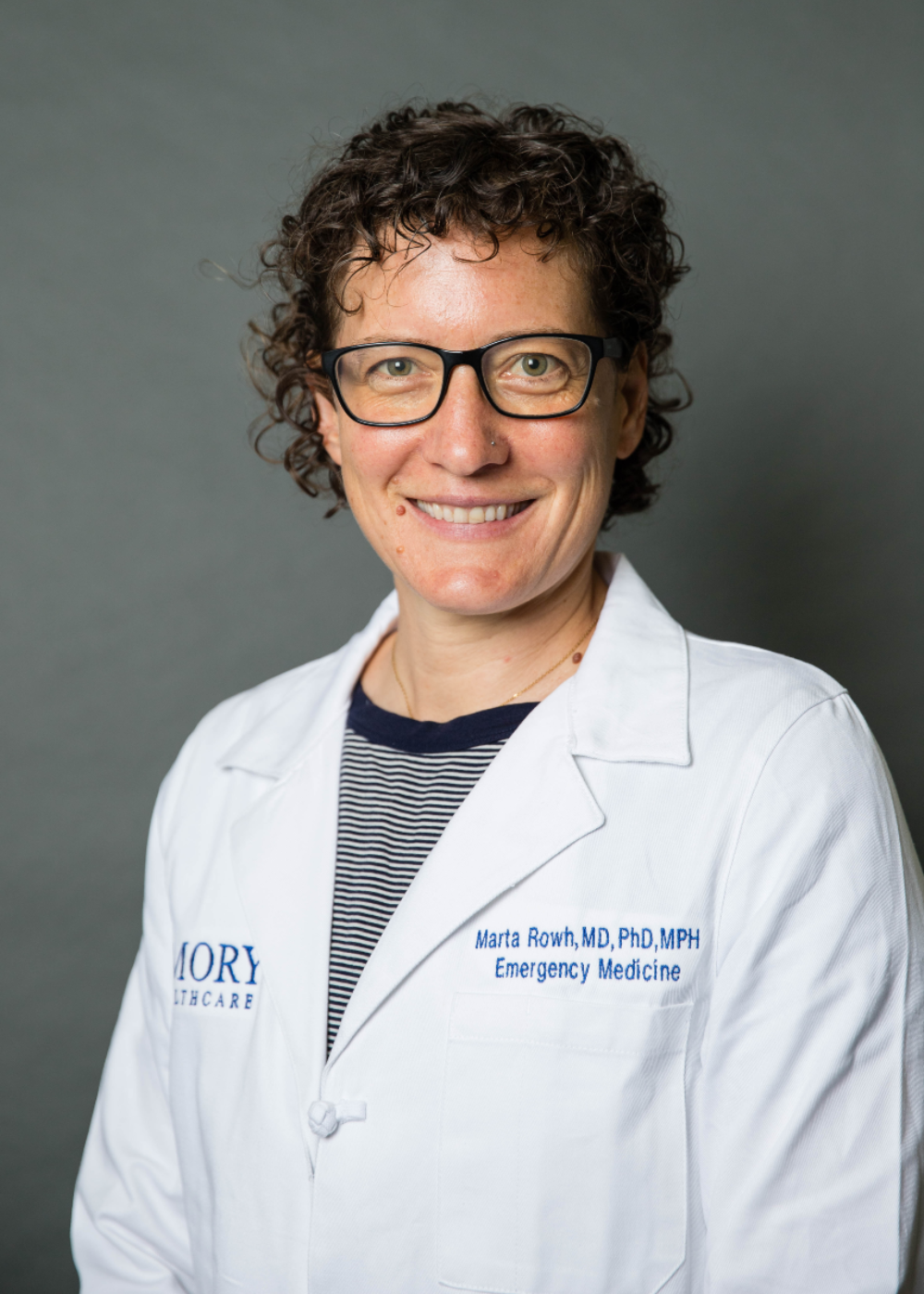
Marta Rowh, MD, PhD, MPH
Fellowship Program Director
For more information about the Medical Education Fellowship, please e-mail Michael McCaw, Physician Services Coordinator.


